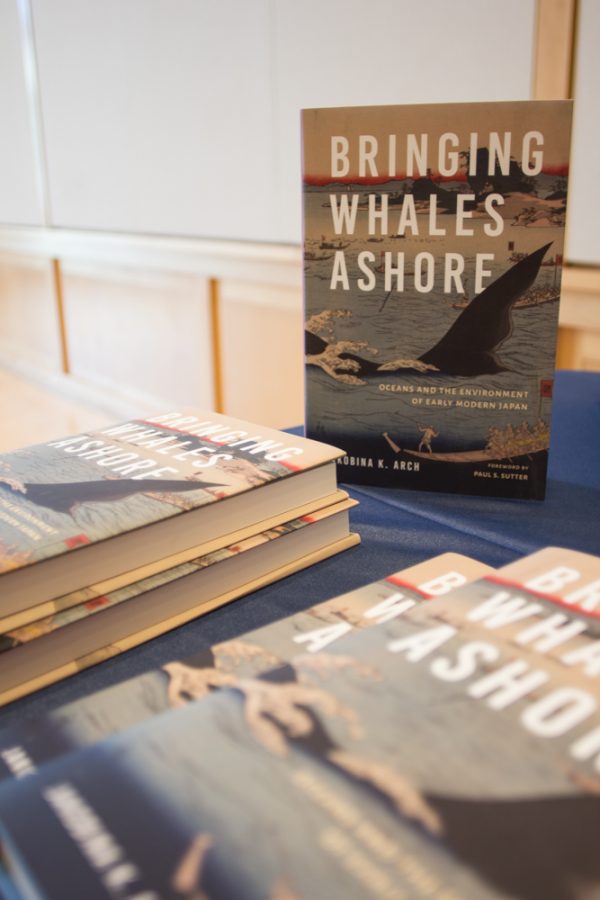 François Truffaut’s Jules et Jim (1962), one of the seminal films of the French New Wave, will be screened this Thursday, April 8 at the Kimball Theatre at 7 p.m. The screening is part of a night of film and philosophy sponsored by the Whitman Philosophy Department. After the film, professors Julia Ireland and Tom Davis will lead a discussion in which all students, faculty, and members of the Walla Walla community are welcome to participate. The film lasts 104 minutes, is in black and white, and in French with English subtitles.
François Truffaut’s Jules et Jim (1962), one of the seminal films of the French New Wave, will be screened this Thursday, April 8 at the Kimball Theatre at 7 p.m. The screening is part of a night of film and philosophy sponsored by the Whitman Philosophy Department. After the film, professors Julia Ireland and Tom Davis will lead a discussion in which all students, faculty, and members of the Walla Walla community are welcome to participate. The film lasts 104 minutes, is in black and white, and in French with English subtitles.
Truffaut himself once said that Jules et Jim is “a film which provokes the simple desire to talk about life.” It’s fascinating cinematography, which incorporates newsreel footage, photographic stills, freeze frames, panning shots, wipes, masking, dolly shots, and voiceover narration, revolutionized the ways in which Truffaut’s successors, like Jean-Luc Godard, approached narrative. The film’s musical score was hailed by the famous French film composer Georges Delerue as one of the top ten of all time. Actress Jeanne Moreau, as seen in the film snapshot, incarnates in her performance the style of the Nouvelle Vague actress: “Beautiful, but in a kind of natural way; sexy, but intellectual at the same time, a kind of cerebral sexuality – this was the hallmark of the Nouvelle Vague woman,” wrote the film critic Ginette Vincindeau.
The film examines the relationship between two friends and the object of their mutual obsession over the course of twenty-five years. The alluring and willful young woman, Catherine (Moreau), captures the bohemian desire of Jules (Oskar Werner) and Jim (Henri Serre) in one of the most memorable ménage-Ã -trois in film history. Click here to read more about the film and how it influenced the world of cinema.




